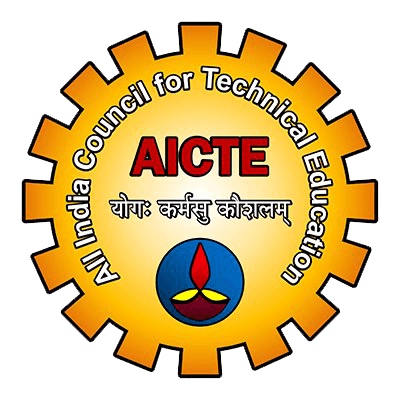

A Six-Day Online Faculty Development Programme (FDP) on “Semiconductors and Microelectronics: Pioneering Innovations and Future Applications” was organized by the Department of Electronics and Communication Engineering, Paavai Engineering College (Autonomous), Namakkal, in association with ISTE, from 27th October to 1st November 2025. The programme was convened by Dr. R. Mohanapriya, Associate Professor and Head, Department of ECE, and attended by more than 100 participants from various institutions across India.
The inaugural session began with a welcome address by Dr. R. Mohanapriya, followed by the presentation of the Vision and Mission of the Institution and Department, along with the PEOs, PSOs, and POs, by Mrs. C. Vanaja. The introduction of the resource speaker was delivered by Mrs. R. Bhuvaneshwari. The coordinators of the programme were Dr. R. Mohanapriya, Mrs. C. Vanaja, Mrs. R. Bhuvaneshwari, Mrs. E. Sangeetha, Mrs. S. Usha, and Dr. K. Thirumala Lakshmi. Faculty members and participants from various institutions across India attended the inaugural session.
On Day 1, Dr. S. Santhosh, Assistant Professor, Department of Physics, Government College of Engineering, Bargur, presented the topic “Semiconductor Materials: Silicon, GaN, and Beyond.” He explained that silicon remains the foundation of semiconductor technology, while Gallium Nitride (GaN) and emerging materials such as Silicon Carbide (SiC) and Gallium Oxide are shaping the future of advanced electronics and energy systems. The session concluded with an interactive question-and-answer segment.
On Day 2, Mr. Boopathi Sakthivel, Founder and CEO of Prashan Medical Technologies, Coimbatore, handled the session on “Biomedical Microdevices and Lab-on-Chip Systems.” He explained how these systems integrate microfluidics and sensors to perform complex laboratory tests on a single chip, enabling rapid and accurate analysis using minimal samples for diagnostics and research. The session concluded with a discussion on smart materials.
On Day 3, Mr. Deepak Soundarajan, Head of Engineering (WiFi Network) at Ziilogic, discussed “Device Architecture: From Transistors to SoCs,” highlighting the evolution from simple transistors to integrated Systems-on-Chip (SoCs) that enhance speed, efficiency, and miniaturization. The next session of Day 3 was handled by Dr. V. Diana Earshia, Assistant Professor, Vel Tech Rangarajan Dr. Sagunthala R&D Institute of Science and Technology, Chennai, who spoke on “AI for Semiconductor Design and Manufacturing.” She explained how AI optimizes chip layouts, detects defects, and enhances process control to improve yields and reduce production costs.
On Day 4, Dr. S. Usha, Associate Professor, Kongu Engineering College, Erode, delivered a session on “Edge Computing and Embedded Intelligence,” explaining how edge computing brings data processing closer to devices, reducing latency and enabling real-time decision-making for IoT and autonomous systems. The session also featured a live online practical demonstration.
On Day 5, Dr. H. Umma Habiba, Professor, Bharath Institute of Higher Education and Research, Chennai, presented “Sustainable Semiconductor Manufacturing and Green Electronics,” emphasizing the importance of energy efficiency, waste reduction, and the use of eco-friendly materials to support green technology.
On the final day, Dr. M. Manimehalai, Associate Professor, Government College of Engineering, Bargur, delivered a session on “Smart Cities Powered by Microelectronics.” She explained how sensors, IoT devices, and data networks improve urban efficiency, infrastructure, and sustainability, supported by graphical demonstrations of smart materials. Participants provided positive feedback, appreciating the informative and engaging sessions.
The programme concluded with a vote of thanks by Mrs. E. Sangeetha, Associate Professor, ECE, followed by a reiteration of the Institution and Department Vision and Mission, PEOs, PSOs, and POs. The FDP successfully achieved its objectives, providing participants with enhanced knowledge of semiconductor technologies, smart materials, and microelectronic systems. It served as a valuable platform for faculty members to gain insights and research directions in emerging technological domains.